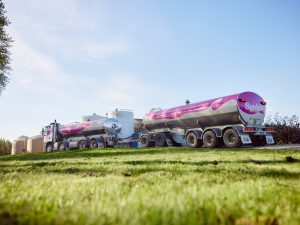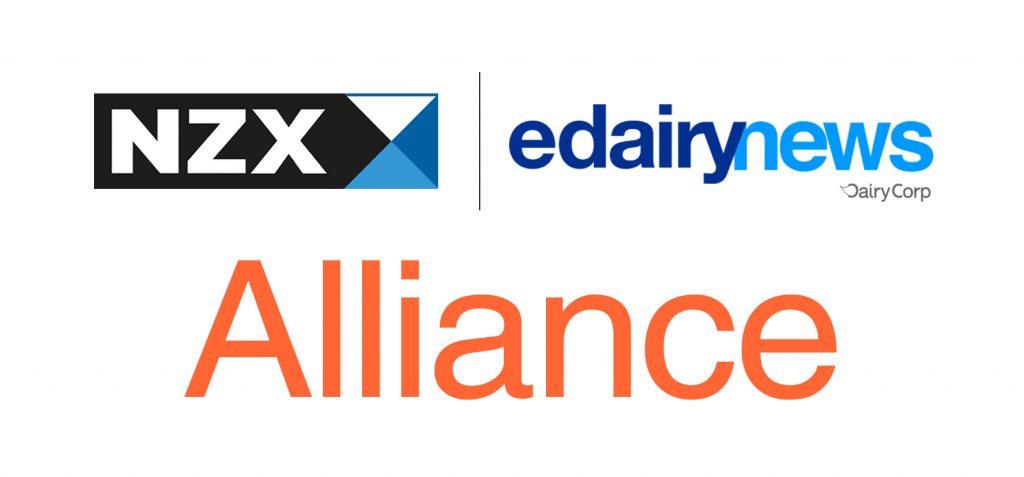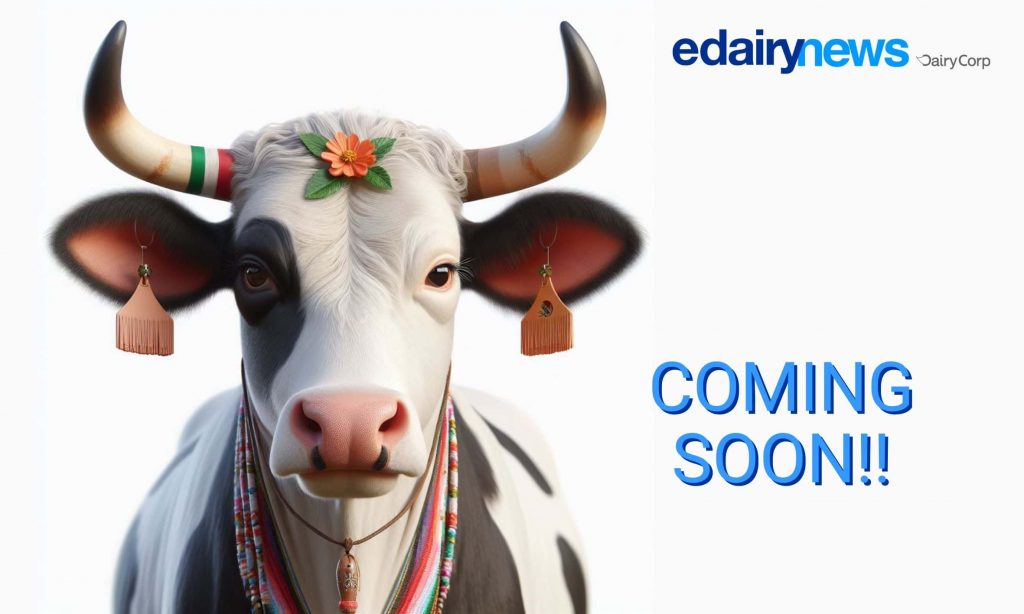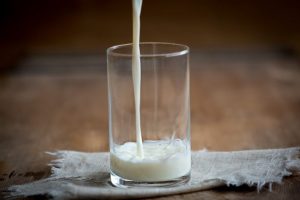“I think setting a fixed date is a good idea, so farmers have time to review and compare processors’ pricing,” South Australian Dairyfarmers’ Association president John Hunt said.
Federal Agriculture Minister David Littleproud said the mandatory code would help balance the market power between dairy farmers and processors and improve farmers’ bargaining power.
The code will apply to all milk supply agreements between all of Australia’s 5800 dairy farmers and 87 processors, who are the first purchasers of milk.
The draft clauses would:
PREVENT unilateral changes to agreements.
REQUIRE that on a set date each year processors publicly release a standard form agreement that includes the minimum price (and a pricing mechanism for longer-term agreements) and covers the term of the agreement.
PREVENT retrospective price step downs.
PREVENT arrangements with exclusive supply and two-tier pricing.
PROHIBIT processors from withholding loyalty payments if a farmer switches processors.
INTRODUCE a dispute resolution process.
NSW Dairy Connect chief executive Shaughn Morgan said farmers wanted to make sure the arbitration process was as cost-effective as possible, either by establishing a dairy code ombudsman or via the Australian Competition and Consumer Commission.
“We have to make sure costs are kept to a minimum,” Mr Morgan said.
The Government will run three face-to-face public consultation meetings on the draft code in Victoria over the next month, with other farmers encouraged to provide feedback online at the Have Your Say website at https://haveyoursay.agriculture.gov.au/dairy-code-conduct
















